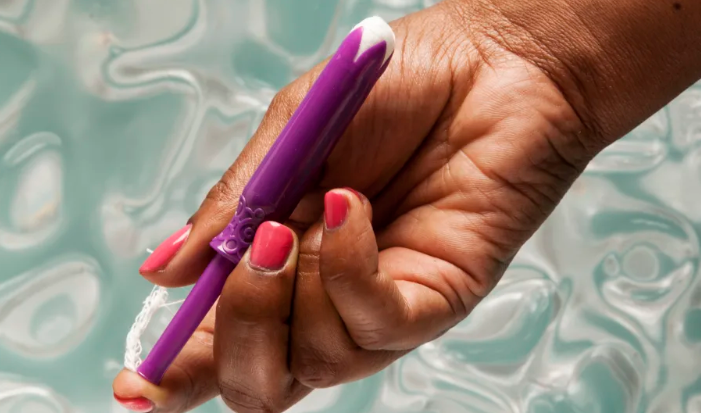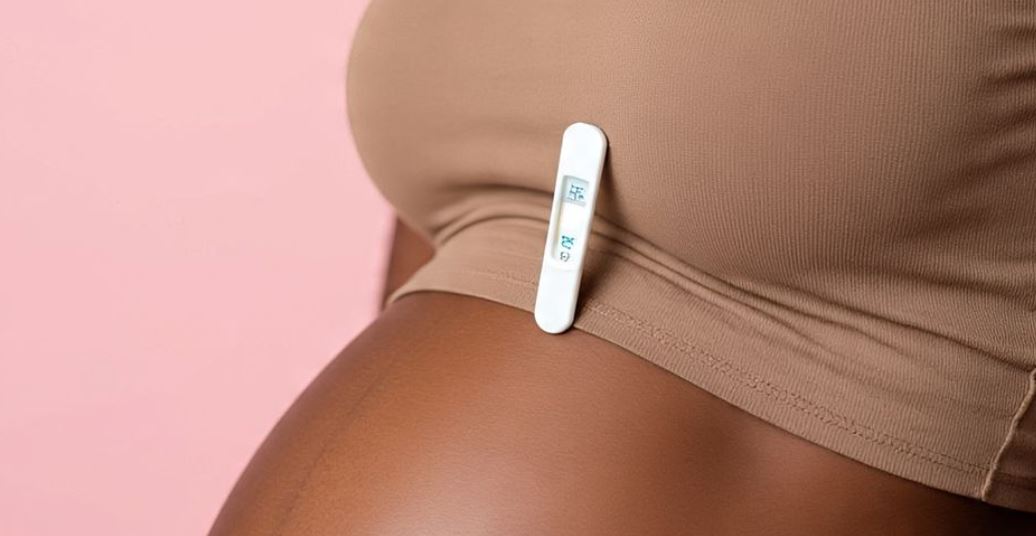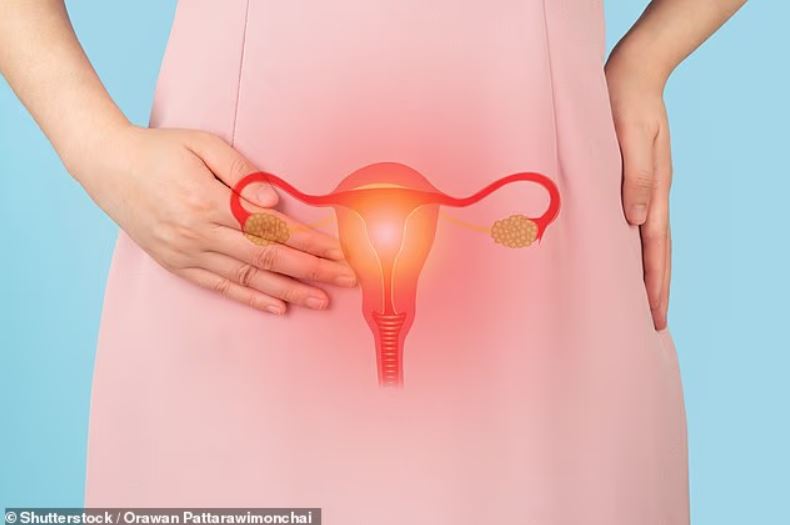Why doctors always ask about your last menstrual period
No matter what brings a woman to the doctor’s office, she can expect one question without fail: “When was the first day of your last menstrual period?”
Dr. Alla Vash-Margita, chief of pediatric and adolescent gynecology at Yale Medicine, tells Yahoo Life that although one reason for the question is to gauge whether a woman might be pregnant, the answer can reveal much more about a woman’s health.
She explains. “In fact, menses has been proposed to be considered as a vital sign in people with a uterus. Regular periods … are just as important as blood pressure, respiratory rate, temperature, heart rate.” Because periods can reveal so much about a woman’s health, says Vash-Margita, all doctors — not just gynecologists — should pay attention to women’s periods.
- Without tracking, women may miss changes that are important to their overall health, especially if those changes are subtle or happen gradually. Tracking periods and associated symptoms can show “important changes that may warrant further investigation.
- She advises anyone who menstruates to tell their doctor if their cycles are longer than 35 days or shorter than 21 days, they bleed for more than seven days, they soak through one or more tampons or pads in less than two hours, they don’t have a period for more than three months, they experience severe pain at any point during their cycle or they bleed between periods, after intercourse or after menopause.
- Where you are in your menstrual cycle can affect different things, including your weight, vaginal discharge, breast texture and vital signs,” so knowing the first day of your last menstrual period is “important information” for your provider
























